The Drug Policy Network South Wast Europe hosted a webinar to present the recently published data related to harm reduction and HIV/AIDS in South East Europe on 26 November 2024. Besides presenting the data, it was an opportunity to discuss ways in which data should be more reliable and how to integrate data collected by civil society organisations in govrenmental reporting.
Following the welcome address by Nebojša Đurasović, DPNSEE President, we had excellent presentations:
- Global State of Harm Reduction report – presented by Colleen Daniels, Deputy Director and Public Health Lead, Harm Reduction International (2024 available here>>>)
- Harm Reduction in South East Europe – Marios Atzemis, DPNSEE Board member (available here>>>)
- Civil Society Monitoring of Harm Reduction in Europe – Iga Jeziorska, Senior Research Officer, Correlation – European Harm Reduction Network (available here>>>)
- HIV/AIDS surveillance data for South East Europe (data from the European Centre for Disease Prevention and Control – ECDC) – Milutin Milošević, Executive Director, DPNSEE (available here>>>)
In addition, DPNSEE had sent data by countries and territories to its member organisations and governmental institutions. You can also download them here:
Albania Bosnia and Herzegovina Bulgaria Croatia Greece Kosovo*
Montenegro North Macedonia Romania Serbia Slovenia Turkey
DPNSEE informed that the European Centre for Disease Prevention and Control – ECDC will publish the HIV/AIDS surveillance in Europe 2024 (2023 data) report on 28 November at https://www.ecdc.europa.eu/. DPNSEE will process the new data and prepare new visuals in early 2025.


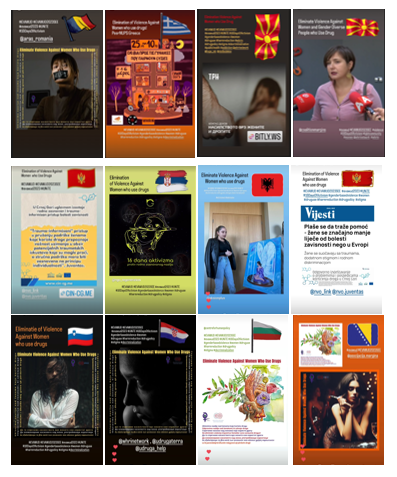
 From more than 30 social networks accounts (Facebook, Instagram and Twitter) of partners in the region, 70+ posts, stories and photos were shared. They reached arounf half a million users who interacted seeing reacting, commenting and reposting. Most of these posts were at the DPNSEE
From more than 30 social networks accounts (Facebook, Instagram and Twitter) of partners in the region, 70+ posts, stories and photos were shared. They reached arounf half a million users who interacted seeing reacting, commenting and reposting. Most of these posts were at the DPNSEE 
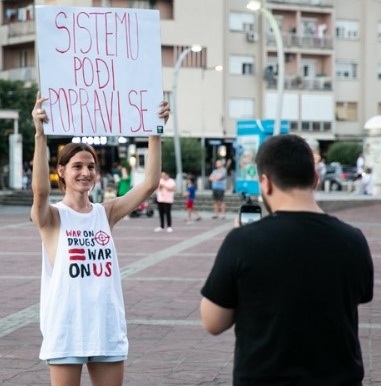




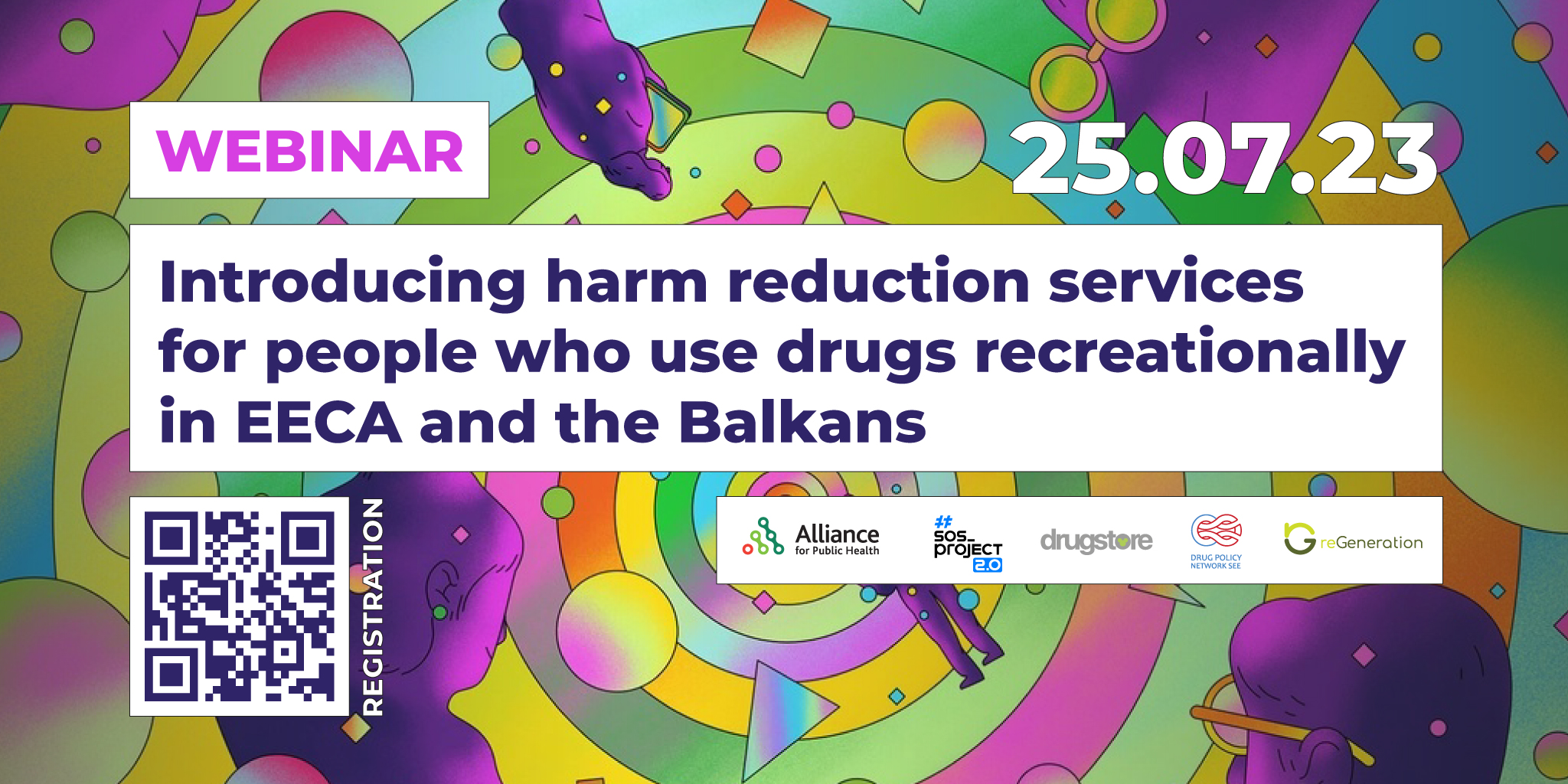
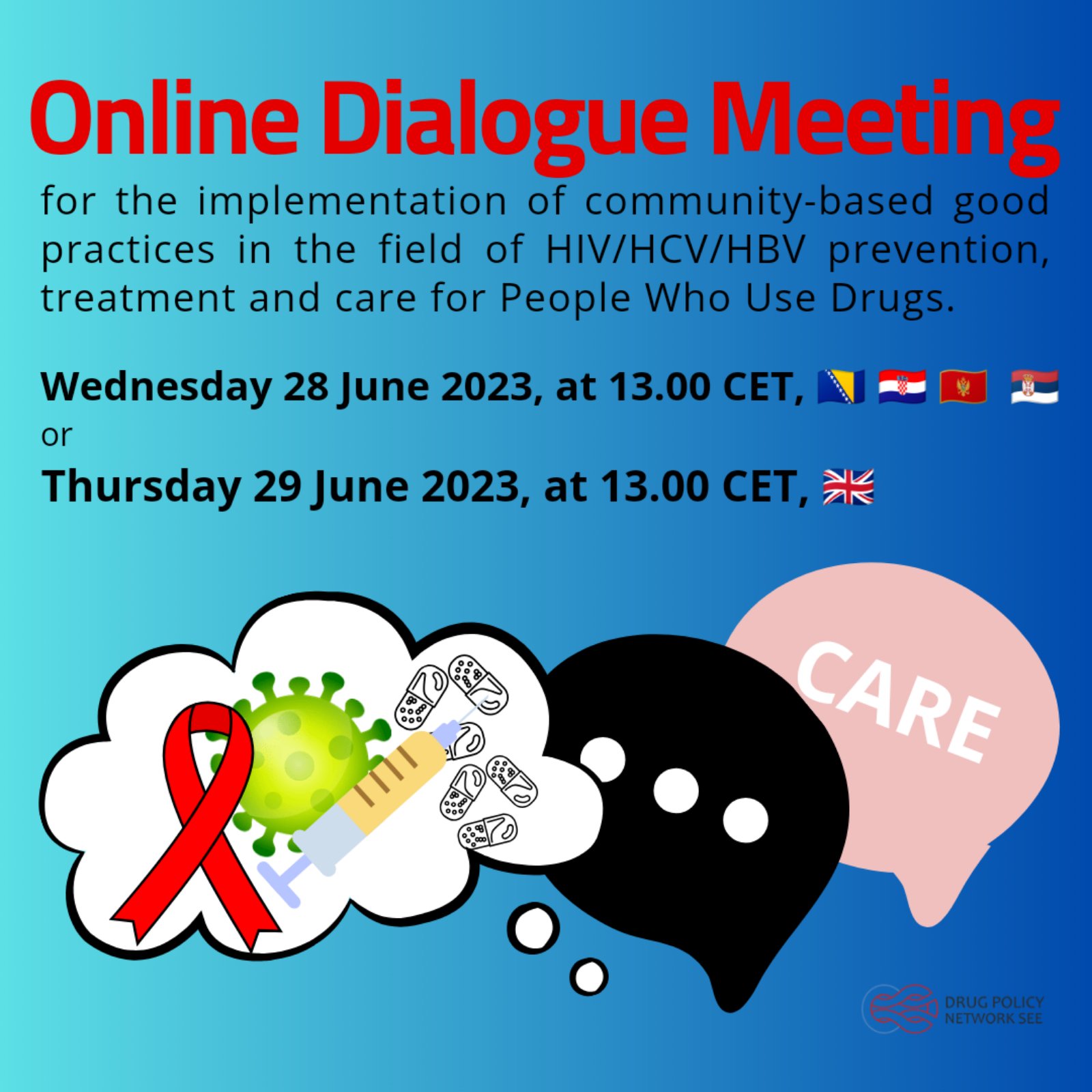
 The Drug Policy Network South East Europe (DPNSEE) organised two regional online dialogues as part of the
The Drug Policy Network South East Europe (DPNSEE) organised two regional online dialogues as part of the  Financing and sustainability of support services pose significant challenges, and the civil sector’s operational space is limited, reflecting a lack of motivation among institutions and decision-makers to enhance the quality of life for these communities. Existing laws related to these communities are problematic, as is the complex and exclusionary nature of accessing healthcare services and treatment programs. Official registers or record-keeping mechanisms are often lacking, and strategies are frequently rewritten without effective implementation.
Financing and sustainability of support services pose significant challenges, and the civil sector’s operational space is limited, reflecting a lack of motivation among institutions and decision-makers to enhance the quality of life for these communities. Existing laws related to these communities are problematic, as is the complex and exclusionary nature of accessing healthcare services and treatment programs. Official registers or record-keeping mechanisms are often lacking, and strategies are frequently rewritten without effective implementation.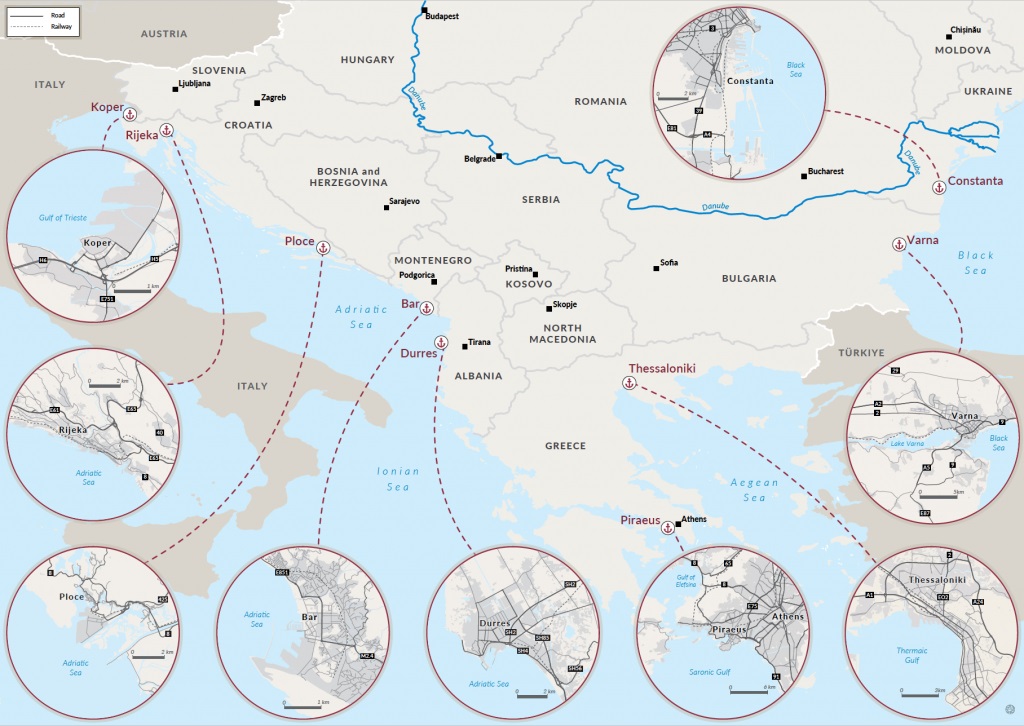
 Despite the prevalence of trade over land, South Eastern Europe (SEE) also contains more than a hundred ports and 12 container terminals, which are important entry and exit points for trade in the Adriatic, Aegean, Black and Ionian Seas, as well as along the Danube.
Despite the prevalence of trade over land, South Eastern Europe (SEE) also contains more than a hundred ports and 12 container terminals, which are important entry and exit points for trade in the Adriatic, Aegean, Black and Ionian Seas, as well as along the Danube.
 Following a good result in coordination of the campaigns since 2017, the International Drug Policy Consortium and The Drug Policy Network South East Europe agreed on continuing cooperation on organising the campaign in 2022.
Following a good result in coordination of the campaigns since 2017, the International Drug Policy Consortium and The Drug Policy Network South East Europe agreed on continuing cooperation on organising the campaign in 2022.

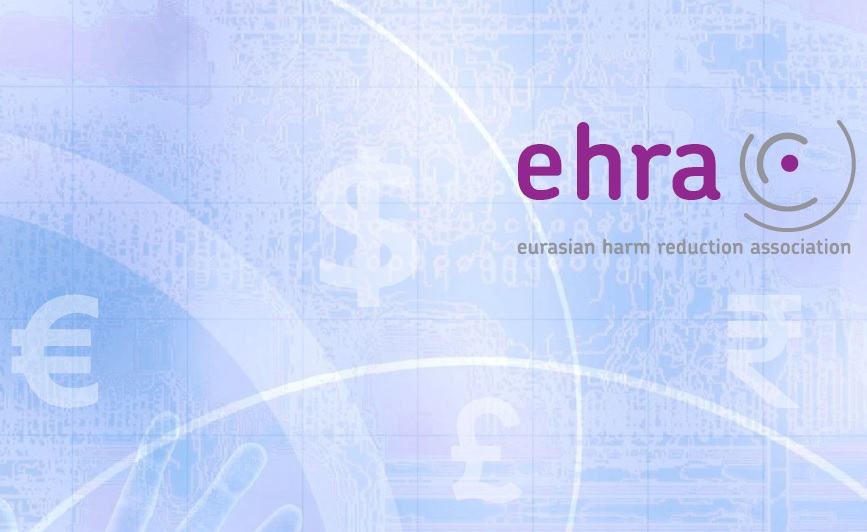
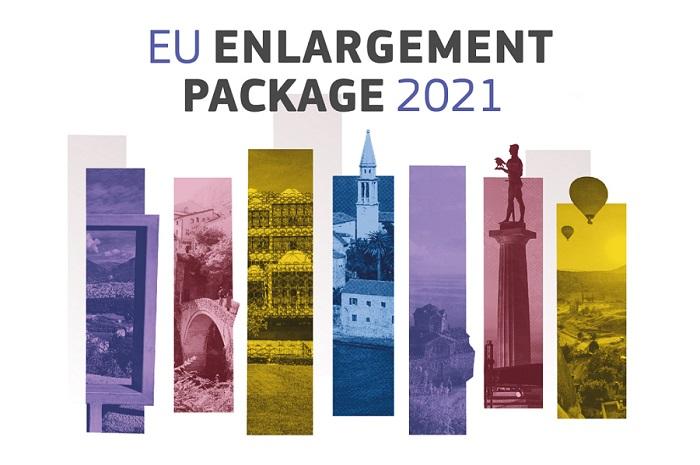
 The document we prepared with reports for 2020 and part 2021 is downloadable
The document we prepared with reports for 2020 and part 2021 is downloadable 

